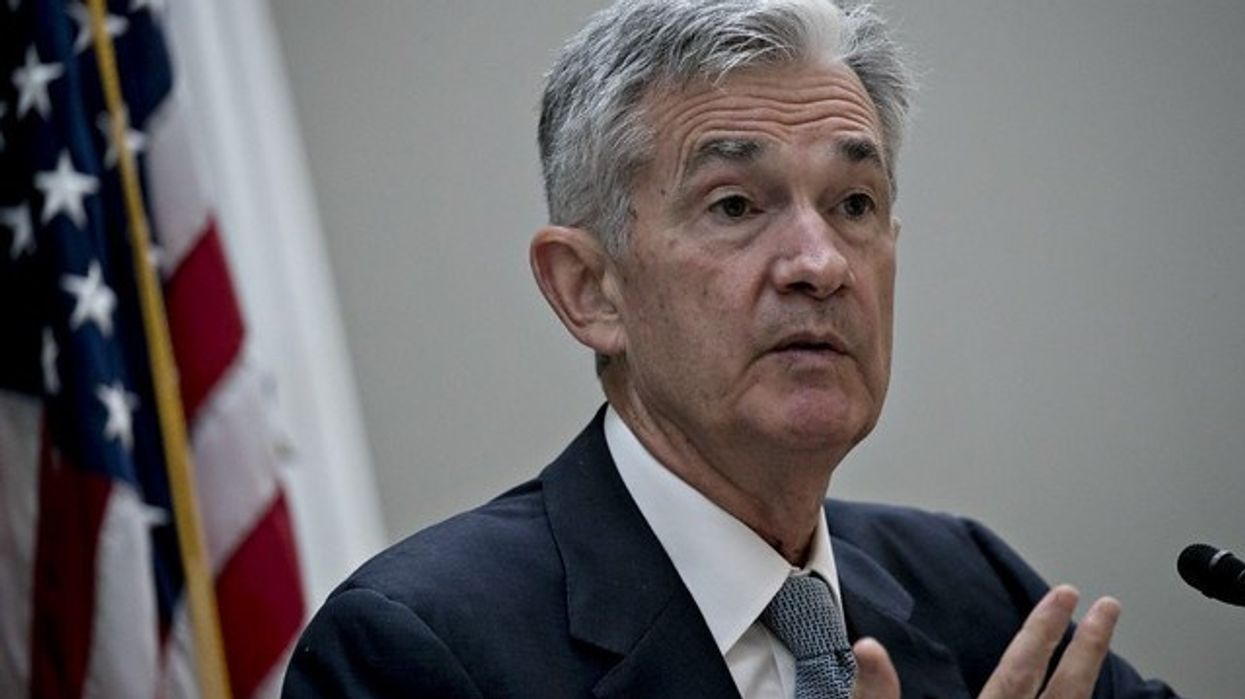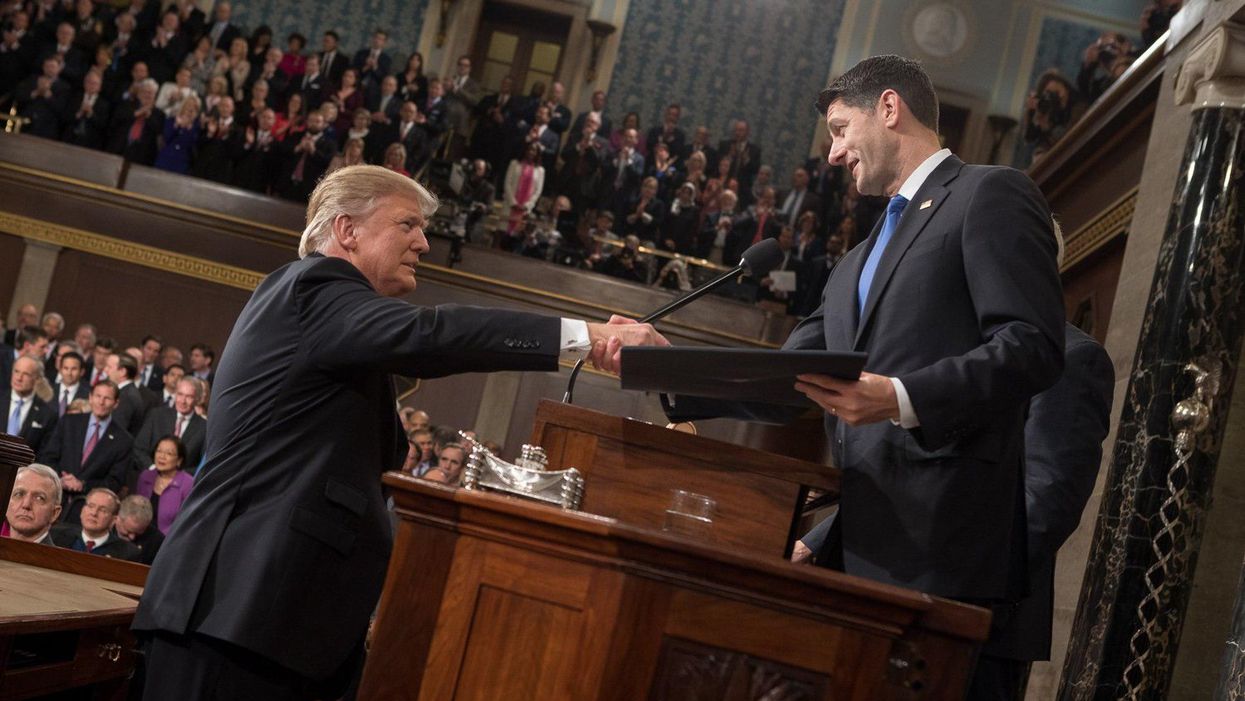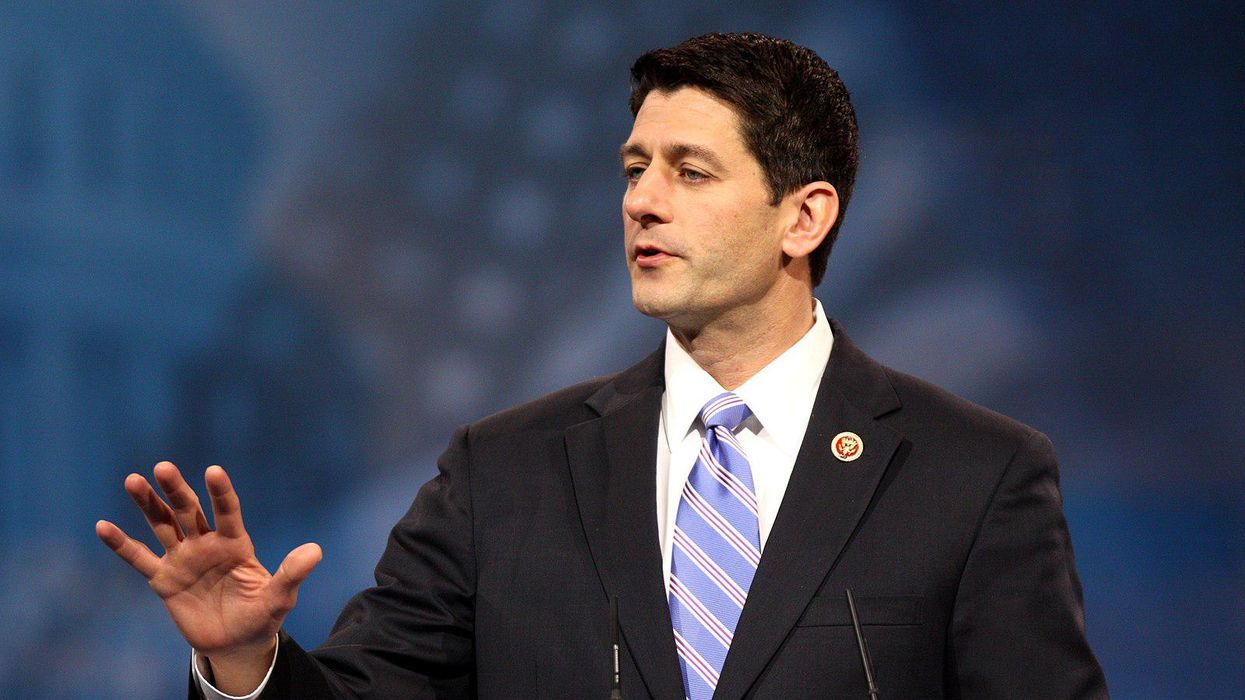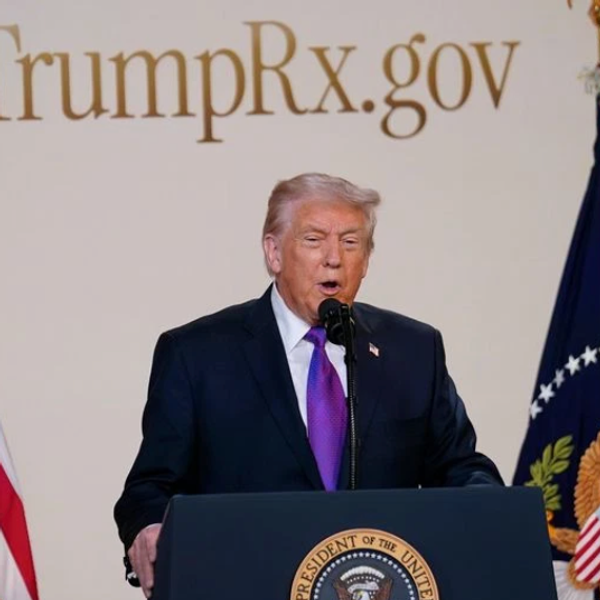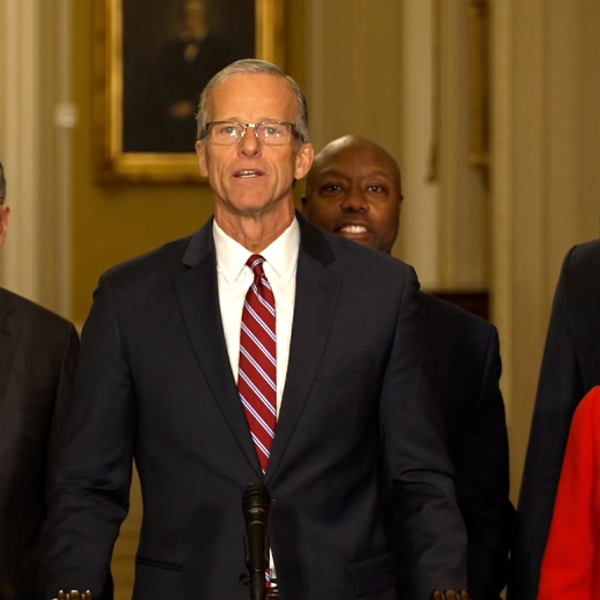When, after a scuffle among Republicans, a frazzled Kevin McCarthy finally abased himself enough to squeak through on the 15th ballot, you could feel the historical symmetry. It was fitting that the chaotic election of this historically weak House speaker in this political climate took place on Friday night — exactly two years after insurrectionists tried to upend American democracy.
I’m not talking here about the ghoul in the “Camp Auschwitz” tee shirt or the vandal carrying the Confederate flag or the rest of the violent mob. I mean the insurrectionists wearing coats and ties and little gold pins identifying them as members of Congress. It was two years ago almost to the hour that 147 Republicans ignored the broken glass and human feces in the Capitol and voted late in the evening to overturn the election.
Almost all of those election deniers are still there — and now they’re in charge of the House. Many of them voted last year against giving the Congressional Medal to heroic Capitol Police officers. That’s who they are. Their fealty to Donald Trump may have atrophied, but their instinct to throw sand into the gears of government is stronger than ever. They want to destroy what they call “the deep state” and now possess the gavels to pursue investigations of everything connected to it.
This week’s Speaker Follies will soon be a dim memory. Beyond the emergence of an exciting new Democratic leader, Hakeem Jeffries (whose teleprompter-free alliteration covered all 26 letters in the alphabet!), what will endure are at least some of the deals that McCarthy made to end his public humiliation and become speaker.
These concessions (actually, capitulations) will help send the House into perpetual chaos that could end up being even worse for the country and the world than McCarthy’s original sin. That came on January 28, 2021, when — after saying that Trump “bears responsibility” for the assault on the Capitol — he traveled to Mar-a-Lago to provide craven absolution for the disgraced tyrant.
In exchange for helping to rehabilitate Trump, McCarthy expected that Trump would help elect “My Kevin” as speaker. But loyalty is always a one-way street with Trump and his efforts on McCarthy’s behalf were perfunctory. What made the difference were the concessions contained in the “rules package” that has not yet been approved by the House.
McCarthy won by empowering far-right firebrands to make him their bitch. One new rule likely to be adopted says that a single member (filing a “motion to vacate”) can at any time require the House to vote on a new speaker. Talk about a short leash! Does anyone believe that Matt Gaetz or Lauren Boebert or Bob Good won’t make that motion—I dunno—a month from now? Then it’s Groundhog Day all over again.
McCarthy won in part by promising choice committee assignments to the members trolling him and by promising to establish a “Church Committee” (patterned after a legendary Senate select committee chaired by the late Democratic Sen. Frank Church of Idaho) designed to undermine the FBI, DHS, and other federal law enforcement and generate juicy stories for rightwing media. That’s in keeping with the performative bent of the dissidents, whose demands were more procedural than ideological. One of the reasons McCarthy couldn’t close the deal earlier was that the holdouts had “no idea what they wanted,” as Rep. Dan Crenshaw put it. They were “acting like terrorists and children.”
Debt Crisis Caused Havoc In 2011
But by midweek, they returned to a golden oldie for the GOP: shutting down the government and refusing to lift the debt ceiling (two separate congressional actions). Both have been used intermittently for 40 years to achieve deficit reduction.
The first of these — where at the end of the fiscal year in September the Republicans threaten a government shutdown — isn’t so alarming. Historically, government shutdowns don’t go well for the GOP. Once the Washington Monument closes and checks to millions of government employees stop going out, everyone scurries back to the table and works out a deal that does no permanent damage.
It’s the second threat — playing chicken with default on the national debt — where things could get grim. To help explain why, let’s look back at the debt ceiling crisis of 2011, a story I covered in one of my Obama books.
That summer, President Barack Obama was on the ropes. Nine months earlier, the Democrats had lost 63 seats in the House, the most in a midterm since 1938. Tea Party Republicans, feeling emboldened, insisted that the budget needed to be cut by the exact amount that the debt ceiling (the government’s borrowing limit) was raised —in other words, by hundreds of billions of dollars.
The House was then run by Speaker John Boehner and Budget Committee chair Paul Ryan— two conservative Republicans who tried to keep the crazies in the caucus at arm’s length.
One day, Jerome Powell, a former Treasury undersecretary in the first Bush Administration, called up Ryan and asked if he, as a private citizen, could give a white board presentation to the Republican Caucus about the dire consequences of defaulting on the national debt. Ryan invited him to do so. Obama so appreciated Powell trying to talk sense into what were supposed to be business-friendly Republicans that he later appointed him to the Fed.
Then, as now, many Republicans were arguing that using the vote on raising the debt ceiling would be a reasonable cleansing process — a way of reversing big Democratic spending with one vote. “It’s reasonable,” said Bruce Bartlett, a Reaganite economist who, like Powell, understood reality, “if you think sticking a knife in your eye is a good way of dealing with glaucoma.”
Even after the parties assembled a balky Rube Goldberg contraption to cut spending, Standard and Poor’s downgraded the U.S. government’s credit rating from AAA for the first time since World War II. The markets cratered and the economy grew sluggishly for the next five years.
Downgrade Would Spark Global Recession
Flash forward to today, when a downgrade would likely bring a recession (along with high interest rates), and even a brief default would likely bring a global depression. Republicans seem unfazed by this prospect. Could it be that they plan to drive the economy over the cliff, then try to win the the White House by blaming Democrats for the crash?
In any event, we’re almost certainly headed for a debt ceiling showdown. Chip Roy, a Texas Republican and not an election denier, explained that the price for his vote for McCarthy was “a specific, concrete limit on spending attached to a debt ceiling increase.” McCarthy has now apparently agreed that any member can use the full faith and credit of the United States to impose any limit on spending at any time.
So is there anything Democrats can do to prevent the crazies from taking the global economy hostage? I’m not sure. The bad news is that Kevin McCarthy makes John Boehner look like Alexander Hamilton. Boehner wrote in his memoirs that the Freedom Caucus practiced “legislative terrorism” when he was speaker and now says that the problem is much worse.
The good news is that while Republicans had a 24-seat margin in 2011, today it’s only five. That means that if the “terrorists” use their perches on the House Rules Committee (obtained in this week’s shakedown of McCarthy) to prevent the debt ceiling bill from coming to the floor, Democrats only need five reasonable Republicans to sign what’s called a discharge petition — a difficult but not impossible process for bringing a bill straight to a vote. Those five signatures (and, later, votes) would most plausibly be obtained from one of the 19 Republicans representing purple districts that Joe Biden carried in 2020. They’re hardly moderates but could vote to prevent themselves from being blamed for a recession generated by the hostage-taking of House Republicans.
In the meantime, we’re in for yet more wounds inflicted on our democratic institutions. The only solution is for Democrats to build on their impressive unity and win in a wipeout in 2024. Then the stench of January 6 might finally begin to lift.
Jonathan Alter is a bestselling author, Emmy-winning documentary filmmaker, and a contributing correspondent and political analyst for NBC News and MSNBC. His Substack newsletter is OLD GOATS: Ruminating with Friends.
Reprinted with permission from OLD GOATS


